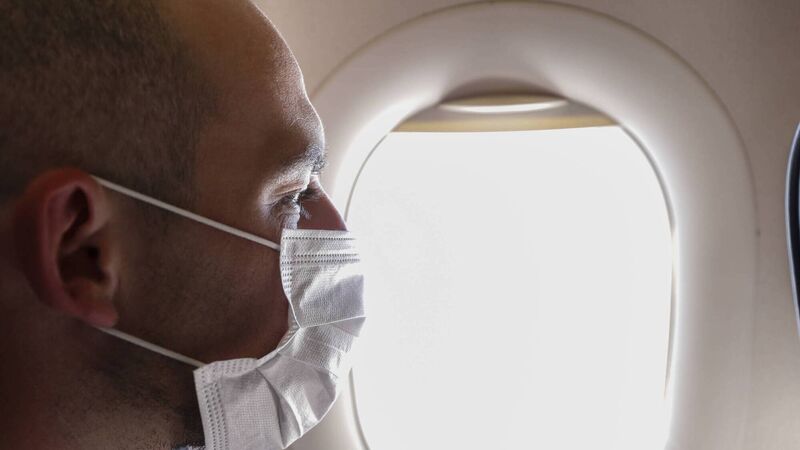Passengers no longer required to wear masks on European flights from next week

The European Union Aviation Safety Agency said any passenger who is coughing and sneezing should strongly consider wearing a face mask, for the reassurance of those seated nearby.
The mask mandate for passengers on board European flights and in airports is being dropped from next Monday.
However, mask rules will vary by airline, particularly on flights to or from a destination where mask-wearing is still required on public transport, and vulnerable passengers should continue to wear a face mask, authorities have advised.










